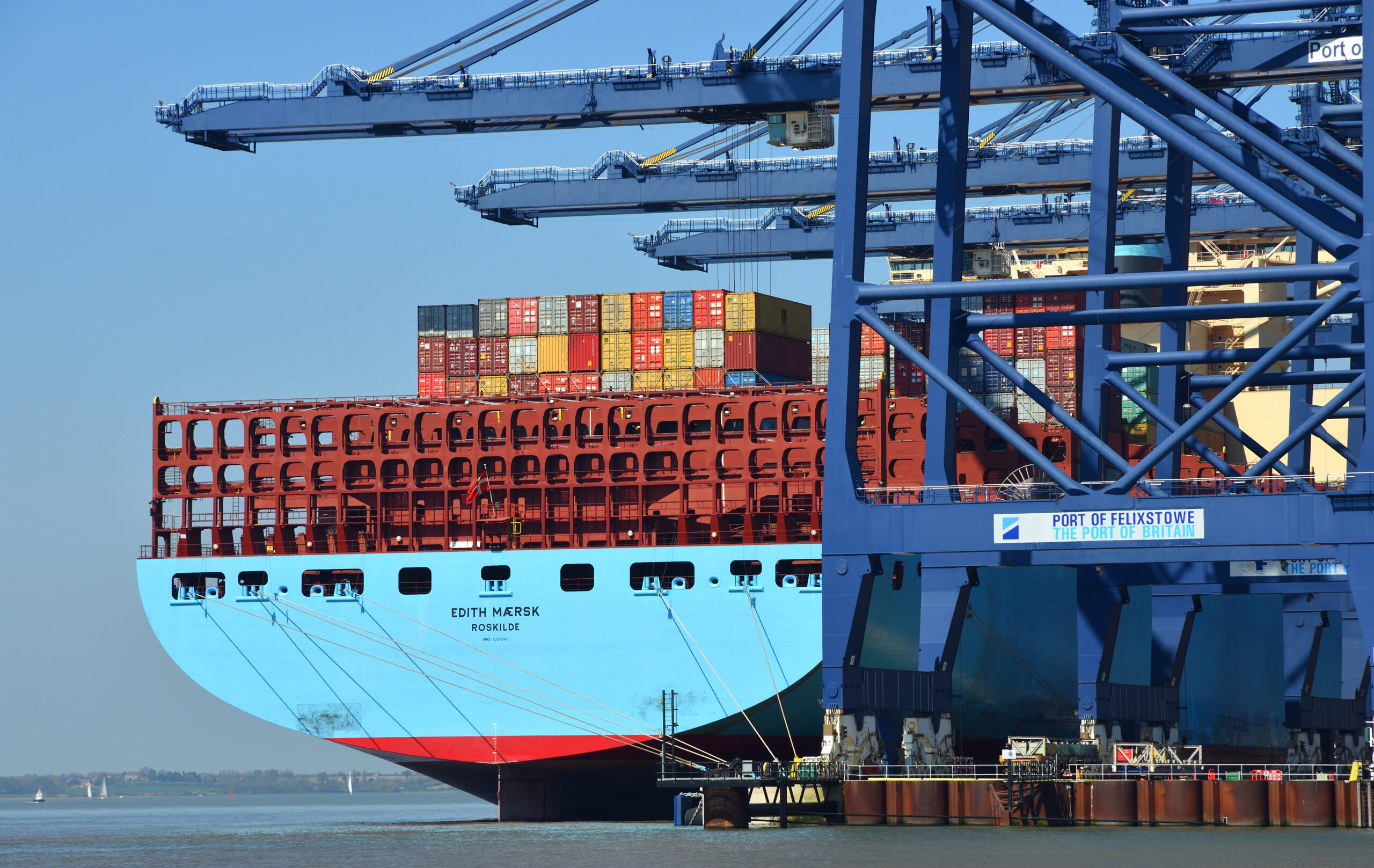Launched in January 2025, DP World’s UK-based Carbon Inset Programme has now surpassed 150,000 import containers and issued its first carbon credits to users. The programme offers participating cargo owners with 50kg of CO2e carbon credits for every loaded container that enters DP World’s London Gateway and Southampton terminals. The scheme, initially planned as a six-month pilot project, has been extended through to the end of 2025.
The insetting programme aims to assist companies in addressing Scope 3 emissions embedded within their supply chains. The carbon credits are generated by Unifeeder, a subsidiary of DP World, as a result of its use of progressively lower-carbon fuels while operating its short-sea services in Northern Europe. The credits are pooled quarterly and third-party verified using methodologies from the Smart Freight Centre, which are certified by Bureau Veritas through the 123Carbon platform.
While carbon offsetting has historically dominated corporate climate strategies, insetting represents a shift towards embedding emissions reductions throughout the supply chain. The programme’s early uptake reflects rising demand from cargo owners for practical emissions reduction mechanisms, especially in hard-to-abate sectors. Participating companies, such as Fyffes UK, a tropical produce importer and distributor, have cited the initiative’s measurable climate impact as an important factor in their involvement.
John Hopkins, CEO of Fyffes UK, commented: ‘We have signed up to the innovative Carbon Inset Programme offered by DP World UK as this is an immediate and pragmatic way to reduce greenhouse gas emissions in the supply chain.’
If 50% of the eligible import volume participates, DP World estimates that over 11,000 tonnes of fossil fuels could be displaced, resulting in a reduction of greenhouse gas (GHG) emissions by more than 10,000 tonnes. This initiative is presented by DP World as a complementary to its broader decarbonisation strategy, which aims for a 42% absolute reduction in emissions by 2030 and achieving net-zero emissions by 2050.
The scheme builds on the success of DP World’s Modal Shift Programme, which in its first year reduced CO2e emissions by over 17,000 tonnes through promoting the transition from road to rail. Collectively, these schemes indicate an increased focus on port-centric interventions that can catalyse emissions reductions across wider transport networks.
‘With 150,000 TEUs worth of registrations since January, the trial has been an undeniable success so far and its extension to the end of the year is a testament to the confidence we have that more cargo owners stand to benefit from the programme’s incentives’, sad John Trenchard, Vice President – Commercial & Supply Chain, DP World UK. ‘At our Southampton and London Gateway logistics hubs, we are making consistent progress towards our sustainability goals, coupling investment in all-electric container handling equipment with innovative trials like the Carbon Inset and Modal Shift programmes.’



